How to Choose the Right Pet Insurance Plan for Your Furry Friend
by Jenna Morrison, January 10, 2023You bought a pet, and life is filled with the joys of having a new furry friend in your household. But then, there’s the unpredictability that a pet’s life can bring. Your new pet may come down with an illness or injury. Then what?
That’s why choosing the right pet insurance earlier is always a good idea, though the task may be daunting. Prior to choosing a carrier for the insurance, it’s crucial that you do research and understand the type of plan that you may need for your pet. Understanding your pet’s needs will help you decide what plan may be best fitted for you. Below are some recommendations used to determine the right insurance plan you need for your furry friend.
It’s important to know what type of pet insurance you might need for your furry friend. Just like your own health insurance, pet insurance will cover any medical expenses that may have resulted from illness or injury. Just like insurance for humans or automobiles, pet insurance works in a very similar way. Usually, the pet owner would pay a monthly premium fee and meet the deductible. Once the deductible is met, the insurance company
will cover your furry friend’s medical expenses. However, since there are different plans for pet insurance, the monthly premium fee may vary depending on what plan you choose.
While researching the best insurance plan for your furry friend, it's important to consider the type of coverage you may need. Some plans, like comprehensive coverage, may cover both accidents and illness-related cases. This means that if your pet gets sick or injured, the insurance will cover the costs of the treatment, including surgeries, medication, and other needed medical procedures. Comprehensive plans may cover routine care, such as dental cleanings, routine check-ups, and vaccinations. These types of plans can provide a high level of protection for your pet, but they may also be more costly than other types of plans.
Other plans, like accident only plans, may only cover accidents and nothing else. This means that if your pet gets into an accident and it requires medical care, the insurance may only cover the cost associated with the accident. Accident-only plans can be a good option for pets who are generally healthy and not prone to disease or illness. If your pet is only under an accident-only plan and if they come down with an illness, you may have to pay out of pocket for any medical expenses. Before choosing a plan, you may want to consider a wellness plan or dental insurance, as these types of plans cover routine care such as dental cleanings, regular check-ups, and vaccinations.
Since pet insurance can be quite costly, considering whichever plan your pet needs, you may have to set a budget for pet insurance prior to choosing a plan. There are a wide range of pet insurance plans available, with premiums that can vary depending on the level of coverage and needs of your pet. Some plans may have lower premiums but higher deductibles and out-of-pocket maximums, which can be a good option if your pet is generally healthy and you don't anticipate needing to use the insurance frequently. Other plans may have higher premiums but also have lower deductibles and out-of-pocket expenses, which can save you money in the long run if your pet has unexpected medical expenses.
It's also a good idea to consider the claims reimbursement process when choosing a pet insurance plan. Some plans may offer a larger reimbursement rate, which means you'll get back a bigger percentage of the cost of your pet's medical treatment. Other plans may have a lower reimbursement rate, which means you'll get back a smaller percentage of the cost. Overall, regardless of the plan you choose, it's important to carefully review the terms
of the policy and consider the potential costs and benefits when choosing a plan that fits your budget.
When considering your budget, it's important to balance the cost of the insurance with the potential benefits it provides. While it's true that you may never need to use your pet insurance, it never hurts to be prepared in case your pet does have an unexpected illness or injury. By doing your research and carefully comparing different plans, you can find an option that provides the coverage you need at a price that fits your budget.
Additionally, It’s also important to shop around and check out what other companies charge for relatively the same plan. You may find yourself paying way less in the monthly premium fee for the same benefits. However, it is advised that you read the fine print to understand what the plan does cover, and what it may not cover.
Every insurance company is different; therefore, they have different reputations. It is a good idea to double-check the company’s ratings, financial stability, and reputation. This is the time to read through the company reviews and ask other pet owners what type of pet insurance they use, and what they recommend. It never hurts to get a second opinion prior to signing up for an insurance plan.
You now have a list of insurance companies that would be best for you and your furry friend. Now what? This is generally a good time to speak with an insurance agent and ask them any unresolved questions that you may have. This is the time to analyze how professional the company is, which reflects what type of customer service you will receive from them. At this stage, it’s also a good time to ask about any wellness plans that the insurance company may have to offer, which may help provide coverage for routine care at a discount.
Though finding the right type of insurance for your furry friend may be a daunting task, following these recommendations will help you gather the important information that you need, which will help you decide on choosing the right pet insurance for you and your pet.



